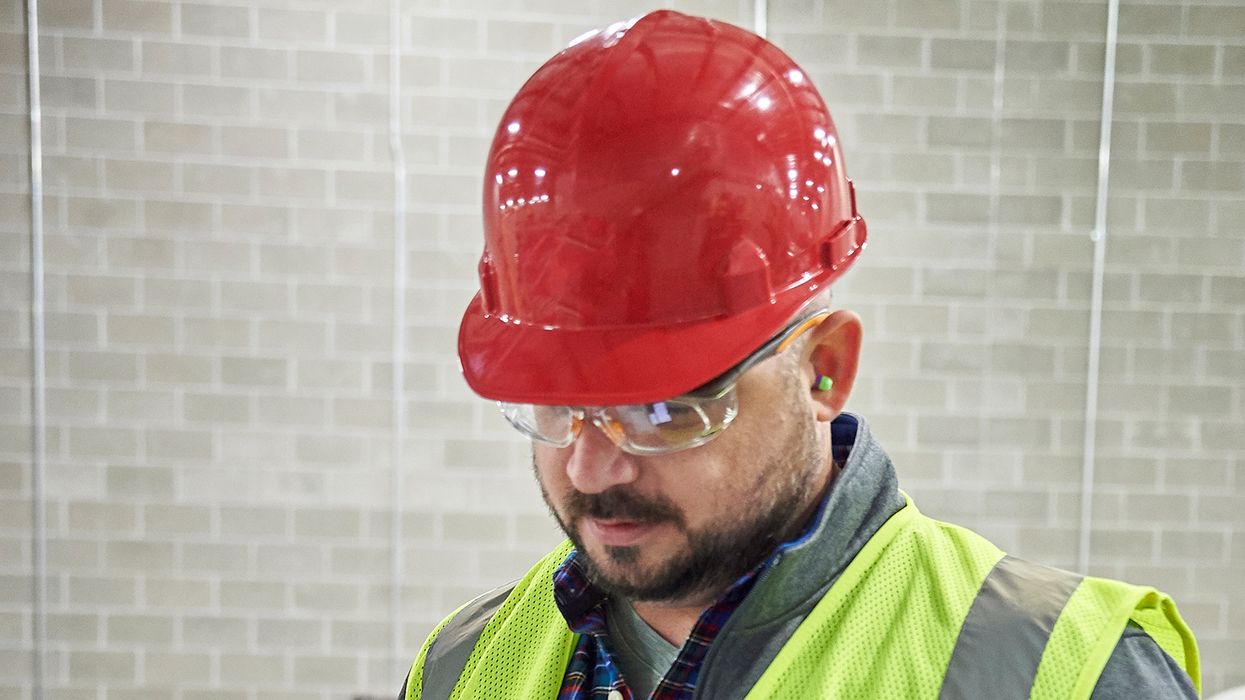EEOC prescribes $150,000 settlement in health care sexual harassment case
Sexual harassment in the workplace usually suggests offensive behavior by one employee toward another employee, or a customer behaving inappropriately toward staff.
Both those situations, while difficult, can be handled in a straightforward manner.
But when it is a patient harassing an employee in a healthcare setting, responding becomes more complicated.
While an employer can discipline an employee who is behaving badly or forbid a customer who harasses an associate from returning to a retail business, leadership cannot simply remove an offending patient in a long-term care facility, especially if that patient does not have all their faculties.
But a recent case out of Colorado shows, harassment by patients in health care settings cannot be overlooked or “swept under the rug.”
The lawsuit
In a sexual harassment and retaliation lawsuit brought by the U.S. Equal Employment Opportunity Commission (EEOC), the operator of a Colorado senior living center agreed to pay $150,000 and provide other relief to settle the case.
According to the EEOC’s lawsuit, residents at the center repeatedly subjected female employees to sexual harassment by grabbing them, asking them for sexual favors, and directing inappropriate sexual language and gestures towards them.
The female employees complained about the harassment to the center’s management. Both the center’s management as well as its parent company’s administrative employees were aware of the residents’ ongoing hostile behavior and sexual harassment but did nothing to stop or prevent it.
The company then retaliated against a female employee who reported sexual harassment by suspending her without pay and firing her within days of her complaint.
Employer violated Title VII
The alleged conduct violated Title VII of the Civil Rights Act of 1964 which prohibits sexual harassment and retaliating against employees who oppose the harassment.
While the operating company recently transferred all operations of its skilled-nursing facilities in the state to new companies and/or operators, the lawsuit specifies that should the company operate any skilled-nursing facility in Colorado in the future, it must:
- Review and revise its anti-discrimination policies to prevent unlawful sexual harassment, including sexual harassment by residents.
- Provide training to its employees in Colorado on how to properly care for and report residents who engage in hostile behavior or unwelcome sexual behavior.
In a statement, an attorney with the EEOC said the settlement in this matter heightens awareness about sexual harassment by clients in nursing facilities, informs staff of their rights, and hopefully, avoids such incidents in the future and in other nursing facilities around the country.
“Retaliation against employees who complain about sexual harassment is a separate violation of Title VII,” said Amy Burkholder, director of the EEOC’s Denver Field Office. “Over 50% of EEOC charges involve a retaliation complaint. Employees must be free to raise concerns about sexual harassment in the workplace without fear of reprisal.”
How to deal with sexual harassment in the health care industry
A Medscape.com survey revealed that 71 percent of nurses say that they had been sexually harassed by a patient. What can be done to lower that number? Here are seven preventative measures:
- Train employees to recognize sexual harassment, whether it is coming from a coworker, supervisor, patient, visitor, or outside contractor.
- Create strong anti-harassment policies.
- Provide sexual harassment prevention training to all employees on a regular basis, including bystander training.
- Encourage employees to report any incidents of sexual harassment they witness or experience, including harassment of staff by patients.
- Investigate all reports of sexual harassment and document all investigations thoroughly.
- Train employees specifically on how to deal with harassment by a patient. Employers might suggest the employee start by telling the patient to stop the inappropriate comments or actions immediately, and then report the behavior to their leader. If the behavior stops, an investigation may not be necessary. However, it stops only temporarily and then starts up again, there will then be record of the earlier incident.
- Instruct employees to immediately report any harassment that is severe or violent. Leaders should address serious incidents immediately. Sometimes reassigning employees can be helpful. Notifying a patient’s family member(s) and having them talk to the patient might also be helpful.
Key to remember: The EEOC takes sexual harassment in health care settings seriously, whether it is employees or patients doing the harassing. Employers in health care and all industries should provide sexual harassment prevention training and take all reports of harassment seriously.
EEOC v. SSC Montrose San Juan Operating Co., LLC and SavaSeniorCare Administrative Services LLC, d/b/a The San Juan Living Center, Civil Action No. 20-cv-03162


































































